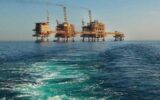
While the Arash gas field has become a new flashpoint for border tensions in the Persian Gulf, Iran continues to insist on the path of diplomacy, a path that has neither thwarted the claims of Kuwait and Saudi Arabia nor stopped the plundering of the country’s energy resources. Isn’t it time for Tehran to deploy drilling rigs and defend its national wealth instead of fruitless talks?
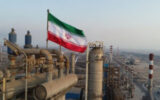
The average price of Iranian heavy oil in 2024, based on statistics provided by the Organization of the Petroleum Exporting Countries (OPEC), was $79.71 per barrel.
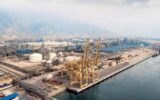
With the aim of improving the composition of its investment portfolio, Petrofarhang Company has issued a call to identify applicants for the purchase of shares of Kian Petrochemical and invited investors to express their readiness to participate in the auction.
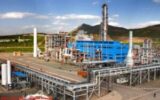
Kermanshah Petrochemical Complex, one of the key centers for chemical fertilizer production in western Iran, plays a prominent role in the province's industrial and economic development with the aim of meeting the region's agricultural needs and reducing dependence on urea imports. The complex, benefiting from its rich natural gas resources and specialized human resources, has become one of the pillars of Iran's petrochemical industry.
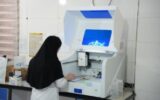
In line with its social responsibility, Gachsaran Polymer Industries Company, in coordination with the Ministry of Health, Treatment and Medical Education, as well as the Gachsaran County Health and Treatment Network, participated in the purchase of necessary equipment for hormonal and blood tests at the Gachsaran State Laboratory.
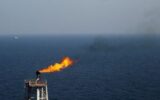
Gas flaring in Iran, with a share of 15% of global flaring, burns billions of dollars of wealth and has become a threat to the health and environment of oil-rich regions.

Following the intensification of the water crisis this year, Tehran Oil Refining Company, by implementing one of its most important environmental projects, succeeded in reducing the capital's daily water consumption by 20,000 cubic meters.
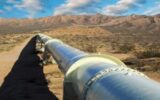
The National Iranian Oil Engineering and Construction Company, as the executive arm of the refining industry, is always in a state of constant flux, just like the flow of oil, gas, and petroleum products production in our country; various projects are completed one after another and new ones are started. The company is simultaneously working on several large and small projects, some of which, like the Bandar Abbas-Rafsanjan pipeline, are in their final stages.
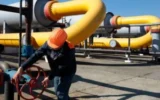
Sabalan Petrochemical was established in 2010 in the strategic region of Assaluyeh with the aim of producing AA grade methanol. With an annual production capacity of 1.65 million tons of methanol, this complex is a key player in Iran's petrochemical industry and is on its way to becoming one of the largest methanol producers in the world.
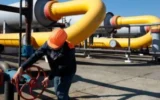
As Iran’s 25-year gas export contract with Turkey nears its end in 2026, the prospects for this strategic partnership are facing serious uncertainties. With competitors such as Russia, Azerbaijan, and Turkmenistan poised to seize the market, Tehran’s decision to extend or redesign the contract could transform Iran’s geo-energetic position in the region.










